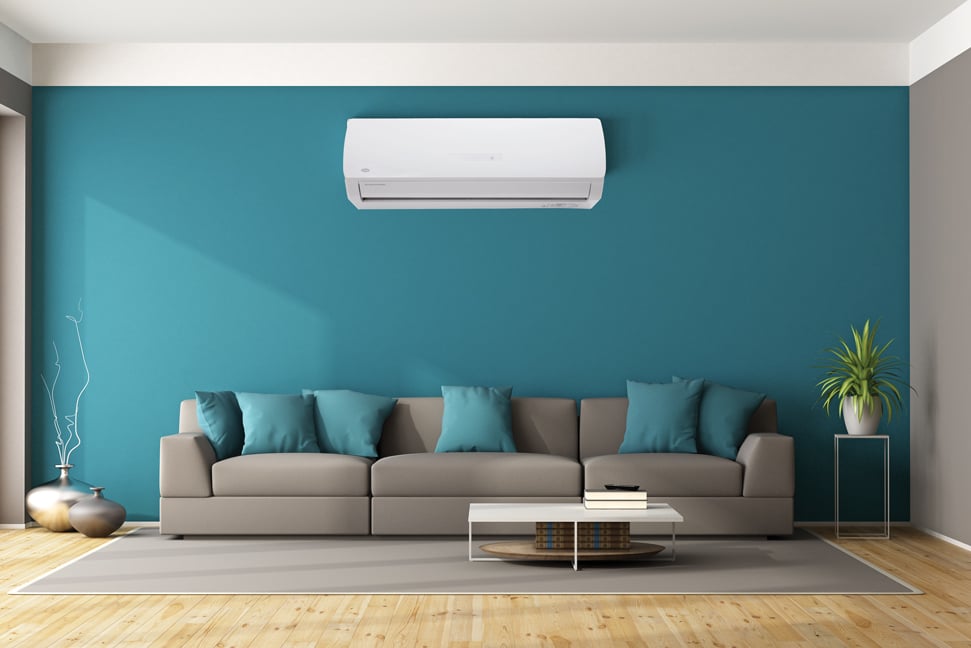Beat the Heat This Summer
Keep cool while staying home.

Staying home during summer seems almost unimaginable without an A/C or a fan. The major sources of heat in your home are given off by your lights and appliances and the sunlight that comes through your windows, permeating the air. Circulating air in your home is just as important as cooling it down. As you begin your search for the perfect appliance to alleviate the heat, it’s important to keep in mind just how to utilize your A/C and fan to their best abilities, with a sustainable mindset.
“Cooling and ventilation are important mostly for human comfort, as we are fortunate in Hawaii to live in a tropical climate with clean trade winds. Ventilation is important for indoor air quality,” says John Arizumi of Carrier Hawaii.
While some homes are designed to harness trade winds, on days when trades are slow or nonexistent, and for those who do not have natural airflow in their homes, supplemental A/C is helpful not only for indoor comfort, but also indoor air quality. All A/C systems are equipped with filters to catch dirt, dust and germs — which is especially helpful if you have allergies.
How to Utilize Your A/C System
For those whose best option is to install an A/C, Arizumi recommends, “Use your A/C with the thermostat at its highest temperature setting that is comfortable for occupants. Too many users acclimate to low settings like 68-70 degrees Fahrenheit and that can really waste a lot of electricity.”
In addition to this, he suggests implementing photovoltaic systems to generate electricity from the sun. PV systems consist of an array of solar panels to absorb and convert sunlight into electricity, an inverter to change the output to an alternating current, as well as other hardware such as cables and mounts.
Noella Cosco from Cosco Hawaii states, “Compared to a window A/C that runs constantly, A/C systems with inverter technology run only when necessary, which saves you money on your electric bill versus a window unit. Why not stay cool and save money at the same time?”
The Green Way
The heating, ventilation and air conditioning industry is moving toward refrigerants that have less of a global warming potential. Known to contribute to the greenhouse gas effect, the most commonly used refrigerant is chlorofluorocarbons, specifically R12, which the HVAC industry is trying to avoid.
While there will still be some impact on the environment, these efforts make a difference in the long term.






